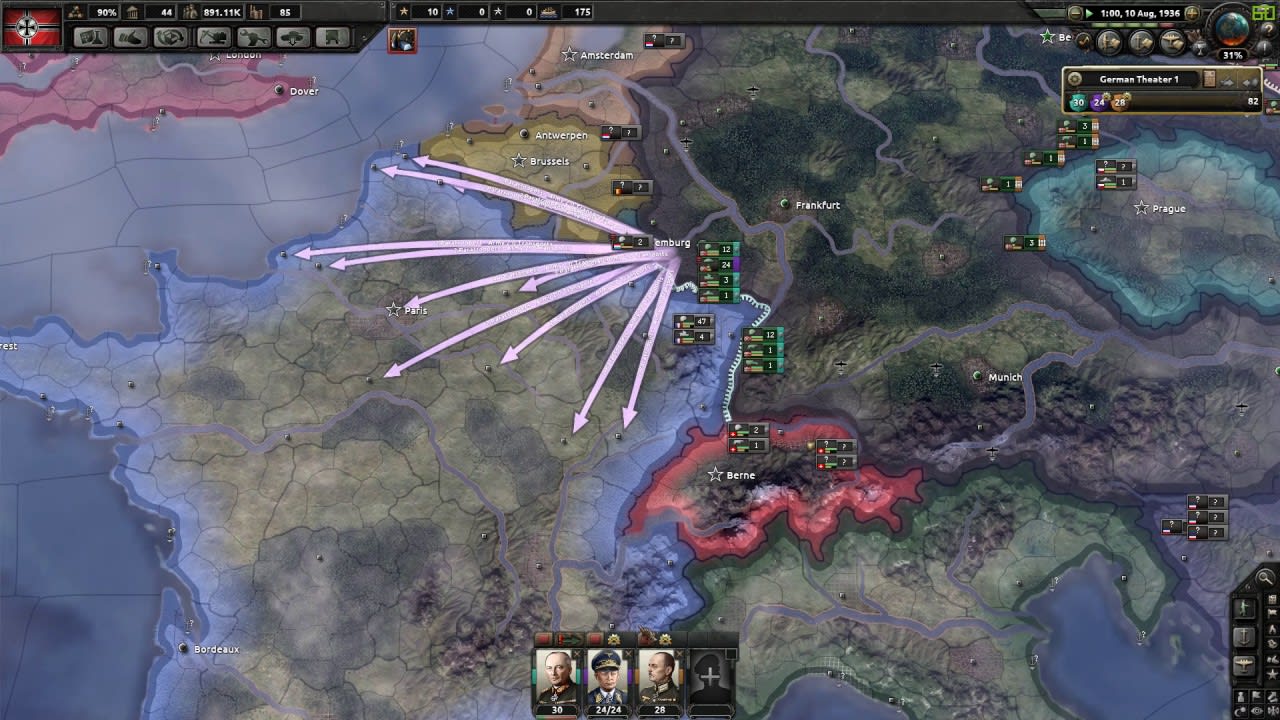

He has cracked down on Hong Kong democrats and is attempting to ethnically cleanse the Uighurs and further repress Tibetan nationalists. Xi has turned back the clock, making himself president for life while outlawing any criticism of the Communist Party. President Xi Jinping is no Deng Xiaoping. Yet, as China’s real and perceived power grew so too did its nationalist spirit and the arrogance of its government. Given its growing population and limited carrying capacity, China’s need to engage the outside world was apparent. Yet, the analysis was based on strong evidence. Liberal internationalists who saw these developments as moving China toward the global rules-based system are accused today of having been naïve. Eight hundred million people were lifted out of poverty and thousands of young Chinese each year went off to the West for their university education, an exodus that has continued to this day. These reforms reached their apex in the 1990s during the regime of Deng Xiaoping. The party leadership began to rationalize communist ideology as they developed a controlled form of capitalism that attracted foreign companies and permitted some private enterprise. The policy of “strategic ambiguity” was born.įollowing China’s “ Cultural Revolution ” where 2 million people died at the hands of Maoist radicals, and the 1989 Tiananmen Square demonstrations where young Chinese protested their lack of freedom, Chinese governments began to embrace meaningful reform. Its stated intent was to “maintain peace, security and stability in the Western Pacific and to promote the foreign policy of the United States.” Trade, cultural exchange and the sale of weapons systems to Taiwan would continue unabated, much to the chagrin of the Peoples’ Republic. The final form of that act was much more robust than what had been proposed. In 1979 as assistant secretary of State in charge of relations with Congress, I transmitted a draft bill requesting that Congress pass a Taiwan Relations Act to maintain a non-diplomatic relationship with Taiwan. The history and culture of China fascinated Americans and the opening of relations was seen as offsetting the Soviet Union. Not long ago the opening to China by the Nixon administration and the establishment of diplomatic relations by President Carter stimulated the imagination of the American people.

Are the world’s two superpowers moving toward conflict? The elements are present and an unintended naval confrontation in the South China Sea could easily take us there. Where is this all headed? The rhetoric is heating up both in Washington and Beijing. This included an Innovation and Competition Act that passed by a wide margin in the US Senate on the basis of a claim that it was essential to compete with China. Congress in support of an aggressive competition with China in security, trade, science and culture. There is a rare bipartisan consensus in the U.S.


 0 kommentar(er)
0 kommentar(er)
